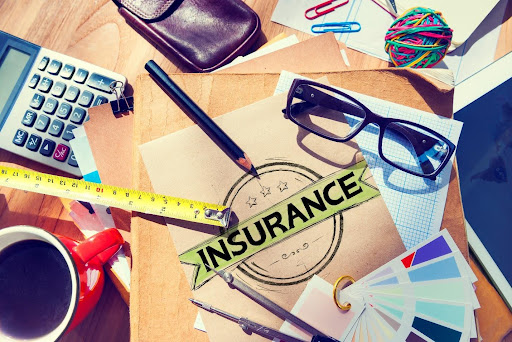Car accidents can be stressful and confusing, especially when you are dealing with injuries and damage to your vehicle.
If you have been hurt or your car has been damaged, it’s important to understand the insurance claim process after an accident so you can get the support and money you deserve without unnecessary delays or problems.
This guide explains every step you need to know from start to finish.
The Insurance Claim Process
Here’s what the insurance claim process typically looks like after an accident:
Notifying your insurance company
The very first thing you should do after an accident is contact your insurance provider. This is crucial because most insurers require you to notify them as soon as possible (often within 24 hours or another specific timeframe stated in your policy). You can call their toll-free number or send an email to let them know what happened.
Once you inform them, you will usually be asked to fill out a claim form. This form can often be found on the insurer’s website or picked up at their office. Make sure to fill it out carefully and keep a copy for your records.
Along with the form, you’ll need to send supporting documents, such as a police report, photos of the accident, or medical certificates if you were injured.
The inspection process
After you notify the insurance company, the next steps will involve an inspection and assessment of the damage to your car.
The insurer will arrange for a surveyor or claims adjuster to visit you and evaluate the condition of your vehicle. This person will prepare a detailed report explaining how bad the damage is and what repairs will be needed.
The insurer will share this report with you and then send your car to a garage within their approved network. Repairs are usually done here to make sure the work meets the company’s standards.
Repair and documentation
When the repairs are complete, you will get an invoice and receipt for the work done. These documents are very important because you must submit them to your insurance company to prove the repairs were carried out properly.
If you have a cashless claim policy, the insurer will pay the garage directly, so you don’t need to worry about paying upfront. However, if you choose a reimbursement claim, you will have to pay the garage first and then submit your bills to the insurer to get your money back.
Make sure to send these documents as soon as possible because delays might cause problems or slow down the reimbursement.
What Happens If Someone Else Is Making a Claim Against You?
Sometimes, a third party might make a claim against you if they believe you caused the accident. If this happens, you should never deal with the other party directly. Instead, contact your insurance company right away and give them any paperwork you receive, like a legal notice.
Your insurer will handle the situation for you. They will verify all the documents you provide, including your driving license, vehicle registration papers, and the FIR (First Information Report) if the police are involved. The insurance company may appoint a lawyer to defend you if necessary.
Remember, don’t admit fault or sign any agreements before talking to your insurer. This helps protect your rights and prevents unnecessary problems.
Knowing Your Policy Details Is Important
Before you start the claim process, it’s very important to review your insurance policy. This helps you understand:
- What kinds of accidents and damages are covered
- How much time you have to file a claim
- The size of your deductible or excess (the amount you pay yourself before insurance pays)
- Whether your policy pays new-for-old replacement costs or actual cash value (which factors in wear and tear)
For example, if your damage is less than your deductible, it might not be worth making a claim because your insurance rates could go up. Checking your policy carefully can save you from unexpected surprises.
Should You Even Make a Claim?
Believe it or not, you don’t have to make a claim just because you’re eligible to. If the damage is minor and the cost is low (lower than your excess or just a little above it), you might decide not to bother, especially since claims can affect your premiums in the future.
But if you or someone else has been injured, you absolutely should make a claim. Medical expenses and long-term injury costs can be significant, and your insurance exists to help protect you from that financial burden.
Even if you’re not sure whether to make a claim, you still need to inform your insurer about the accident. Failing to report it can cause issues later on, especially if the other party decides to claim against you weeks or months down the line.


